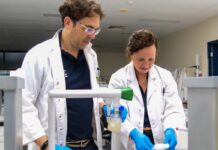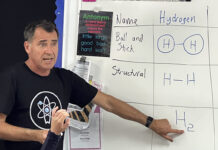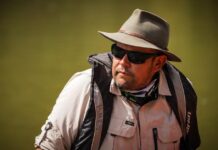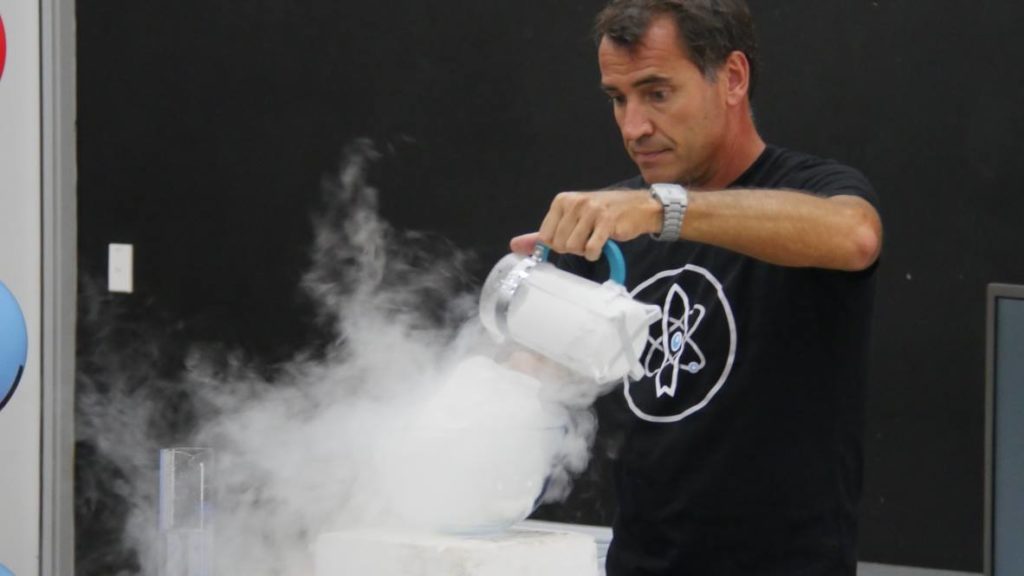
Where does our weight go when we lose it?
What happens to our food once it is digested?
Those are the questions that got Surfing Scientist Ruben Meerman really thinking after he lost 16kg.
“I was just sitting there one day thinking about what actually happens to that weight and then I started doing some research,” he said.
“What I found is something quite simple but also something that not many people think about.”
Experiment taps into our health
The Bundaberg scientist, author and public speaker, made famous through his television appearances on various children's shows, met with Mayor Jack Dempsey this week to discuss his most recent experiment idea: The Health Literacy Project.
It's one he thinks could help the obesity problem in the region and beyond.
“I first met with the Mayor a year ago to initially discuss this project that we are hoping to run in Bundaberg, to teach locals how their body works and what happens to food after you eat it,” he said.
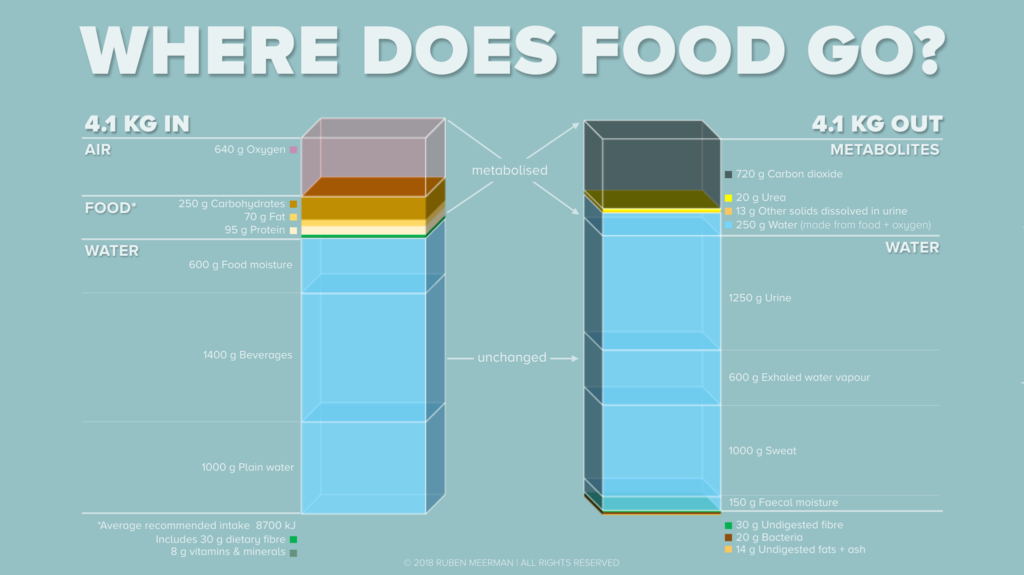
“The thing that many people don't know is that your food turns into carbon dioxide and you breathe it out. You exhale your food.”
Ruben said his project would explore the link between food and breathing and how it could ultimately affect one’s health.
“We all know about energy balance and calories but now we are going to come at it from a different point of view — how many atoms you eat and how many atoms you exhale,” he said.
“This information links your body weight to how you breathe.”
Bundaberg in the spotlight
Ruben said with that knowledge in mind, his plan was to implement a program designed to teach the whole community to think a little differently about health.
“We want to make Bundaberg the first town where the kids learn about this concept in primary school and it follows them through to adulthood,” he said.
“While we are currently working with schools, we also want to work with local fitness industries, health professionals and the media to educate people.”
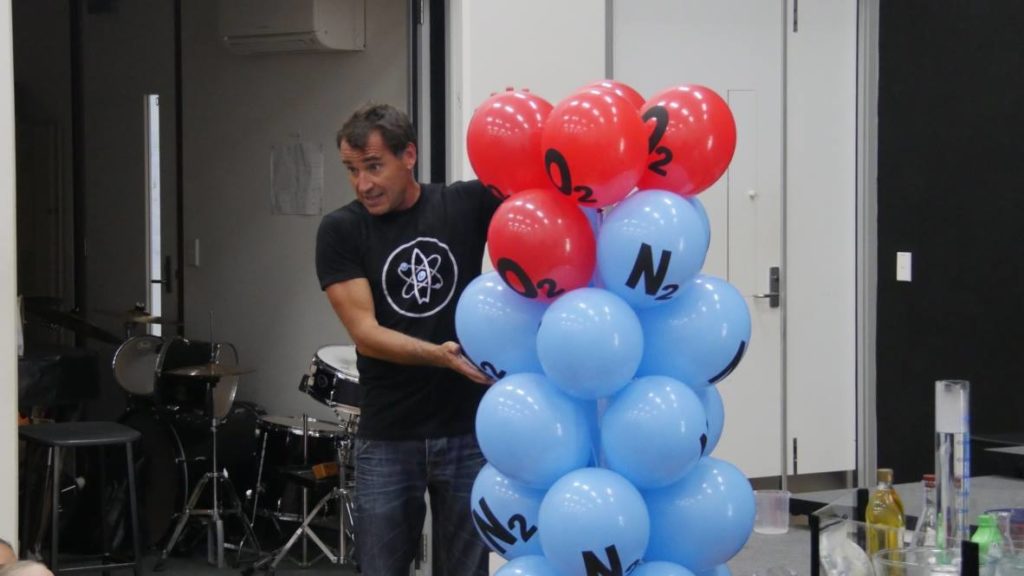
Ruben said having grown up in Bundaberg, the town was an obvious choice for him to base his experiment.
“Bundaberg also happens to be a perfect town to delve into this type of project due to a few other factors,” he said.
“It is the right size, right number of schools — if you can do it here you can do it anywhere.”
If he can go ahead with his teachings to the community, Ruben said the end results could reshape the region … literally.
“Ultimately, the aim is to reduce Bundaberg's obesity rates by improving the health literacy of the community,” he said.
A new/old understanding
When meeting with the Mayor, Ruben was accompanied by Professor Neil King of QUT’s Institute of Health and Biomedical Innovation, an expert in physical activity, appetite control and energy balance.
Professor King said he had travelled to Bundaberg to see exactly how the project could be implemented.
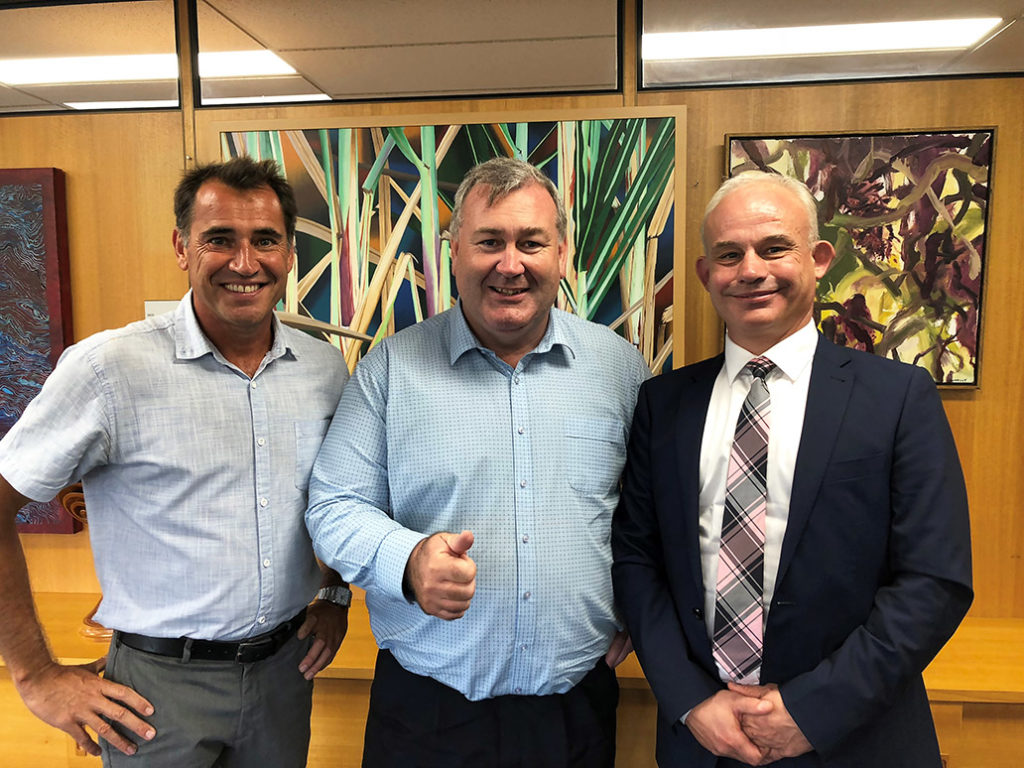
He said the whole concept of looking at food and weight in a different way would be something new to everyone.
“I think it is one of those things people don't think about,” he said.
“People know energy balance and that energy goes in and out but people don't think about where the weight goes when they lose it.”
Ruben added his concept of The Health Literacy Project was once something that was studied but had since waned over time.
“About 150 years ago researchers did report on how many grams a person had lost via their lungs and bladder,” he said.
“Then we discovered the law of conservation of energy and now we talk about calories instead.”
“It is my hypothesis that if we continue with this project, we might be on to a better way for people to understand how their body weight works and how to keep healthy.”
Positive outlook
Mayor Jack Dempsey said feedback he had so far received from students and teachers about Ruben’s project had been very positive.
“Ruben has a knack for explaining things in such an easily understood way that it becomes like a lightbulb moment for most people,” Mayor Dempsey said.
“He challenges people to look at things differently and I look forward to how this experiment helps our region and health as a whole.”

